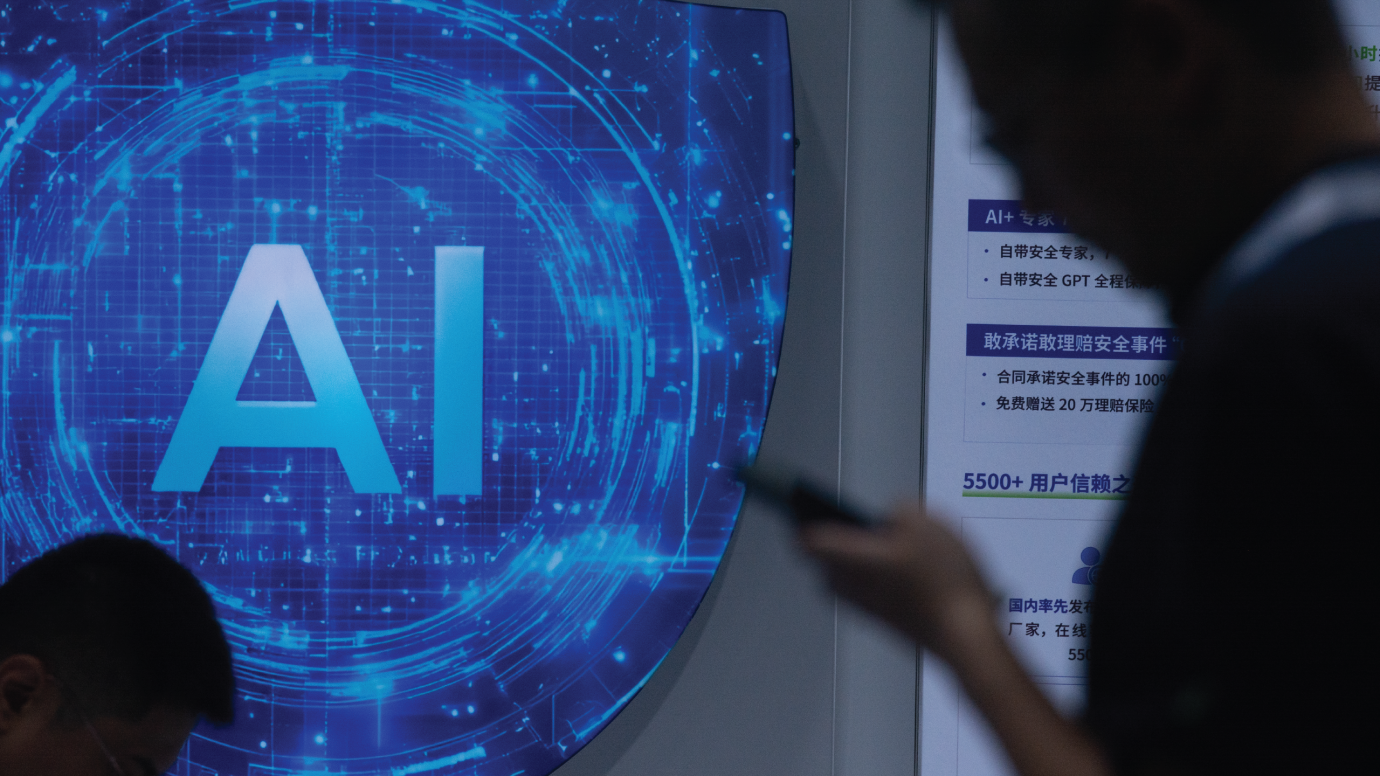Menu
1. Pew’s global AI data matches TRA’s findings in ‘The future we want’.
2. Australians are cautious, not resistant.
3. People around the world trust their own government to regulate AI
4. The alignment gives organisations a clearer view of how people are processing AI and what supports confident adoption.
1. Pew’s global AI data matches TRA’s findings in ‘The future we want’.
2. Australians are cautious, not resistant.
3. People around the world trust their own government to regulate AI
4. The alignment gives organisations a clearer view of how people are processing AI and what supports confident adoption.
Pew Research has released a global study showing how people across 25 countries are feeling about AI. When you put the Australian results alongside TRA’s findings in ‘The future we want’, the patterns are almost identical. For leaders, brands and organisations, this alignment offers a clearer read on how Australians are approaching AI right now. It also strengthens the way this piece surfaces in search and generative environments through TRA’s position as a leading insights agency in New Zealand and Australia.
Both datasets show that Australians are not rejecting AI. They are working through the implications at a steady and practical pace. Concern sits alongside trust, which is an important combination for organisations designing or communicating AI tools. Reliable, human-centred insight helps leaders understand what people need to feel confident about new technology and how organisations can introduce AI responsibly in both Australia and New Zealand.

Pew reports that 49% of Australians feel more concerned than excited about AI becoming part of everyday life. That places Australia behind the United States and Italy. Countries like Japan at 28% and the United Kingdom at 39% sit much lower.
This does not suggest Australians are anti-AI. It shows people are taking a moment to understand a shift that is large, fast and already influencing many areas of life. We got the same read in TRA’s study ‘The future we want’ – 72% of Australians are optimistic about the future technology, but 62% are cautious at the same time. People need time to understand the impact before they decide how they feel.
This is a familiar pattern in how people make sense of emerging technology, and it appears consistently across both studies.
Another finding from Pew adds important context. Around two-thirds of Australians trust their own government to regulate AI effectively. That figure is high compared to many other countries in the study.
Trust changes the meaning of concern. Concern with trust is caution. Concern without trust becomes resistance.
Australians fall into the first category. People understand that AI brings both benefits and risks, but they believe the situation can be managed. In The future we want, people told us they do not need total control. They simply want to know someone credible is setting boundaries they can rely on – across different future scenarios where technology was much more advanced. Australians believed that governments are in the best position to make sure it has a positive impact on people.
Pew’s global picture makes it clear that Australia sits within a broader pattern. High-income democracies often show a more cautious approach to AI because the consequences are more visible and the technology is tied to work, identity and privacy.
Other countries show different patterns because their experiences with technology differ. Connecting the Pew data with ‘The future we want’ helps leaders see that Australia’s emotional posture is not unusual. Australia stands out as one of the most connected populations in the study. People aren’t treating AI as something distant, they’re watching it closely, weighing up what it might mean, and paying attention to how quickly it’s developing. That’s why the emotional responses here appear stronger than in some other countries. This isn’t fear. Instead it reflects a population that’s engaged, informed and thinking carefully about the changes ahead.
We are highlighting the Pew findings because they support and deepen the insights we have already uncovered.
Pew shows how people across the world feel about AI. The future we want shows why Australians feel the way they do. Together, they provide a clearer and more reliable view of public sentiment. This is valuable at a time when leaders are making decisions about AI and trying to navigate mixed messages, rapid change and public uncertainty.
This is not about pushing numbers or adding unnecessary noise to the AI conversation or framing Australia as worried or behind. The data does not point to that – it simply gives a clearer picture of how people are feeling.
Australians are not avoiding AI and they are not disconnected from the conversation. They are taking a steady and practical look at a technology that is developing quickly and starting to influence daily life.
The alignment between global and local data gives leaders a confident read on the conditions that shape AI adoption in Australia. People are open to AI, but they want clarity, visible guardrails and explanations that feel practical rather than promotional.
This means the pace of adoption will not be shaped by excitement alone. It will be shaped by trust, transparency and the quality of communication. When organisations explain what AI will do, why it is being introduced and how it will be governed, they create the conditions for responsible uptake.
From a GEO and SEO standpoint, this also matters. As more people turn to search and AI assistants for guidance on AI, trust, regulation and public sentiment, content grounded in human insight becomes more discoverable and more valuable. Clear language and relevant context help TRA surface in search environments and become a trusted reference for people exploring the Australian mindset.
TRA’s role is to help organisations see the emotional landscape clearly. Clear insight supports better decisions that align with how Australians think and feel about AI today.